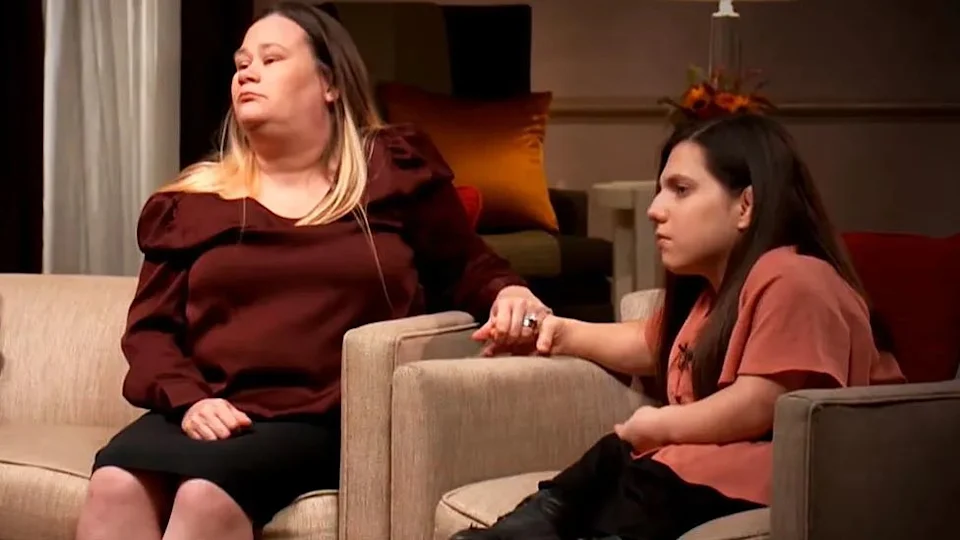A recent DNA test has significantly impacted the controversial case of Natalia Grace, the Ukrainian orphan whose age has been a subject of dispute.
Conducted by TruDiagnostic, the test suggests that Natalia was indeed a child, approximately 9 years old, at the time of her adoption by Michael and Kristine Barnett in 2010.
This finding contradicts the Barnetts’ claims that Natalia was an adult masquerading as a child.
Natalia, who believed herself to be around 20 years old at the time of the August 2023 lab work, expressed relief and vindication upon learning the test results.
Featured in the ID docuseries “The Curious Case of Natalia Grace: Natalia Speaks,” she stated, “This one little piece of paper throws every single lie that the Barnetts has said right into the trash with a match.”
She accused the Barnetts of ruining her life and constructing a false narrative around her.
The Barnetts had previously alleged that Natalia, who has a rare form of dwarfism called spondyloepiphyseal dysplasia congenita, attempted to harm them and their biological children.
They claimed that she tried to poison Kristine’s coffee and pushed her towards an electric fence. Michael even described Natalia as a “sociopath” and “con artist” on Good Morning America.
In a controversial move in 2012, the Barnetts successfully petitioned to have Natalia’s age legally changed to 22, altering her birth year from 2003 to 1989.
Subsequently, they moved to Canada, leaving Natalia alone in an apartment in Lafayette. This led to charges of neglect of a dependent against them, although Michael was found not guilty, and charges against Kristine were dropped.
The new revelations in the docuseries also include an evaluation from 2010 by an endocrinologist, who estimated Natalia’s age to be between nine and 11 years.
Furthermore, a dentist in the documentary recalls that in 2011, Kristine sought to determine Natalia’s age through a dental examination, concluding that Natalia still had 12 baby teeth, indicating she was around 8 or 9 years old.
This development in Natalia Grace’s story challenges the narrative constructed by the Barnetts and sheds new light on the complex and disputed circumstances surrounding her adoption and subsequent treatment.
